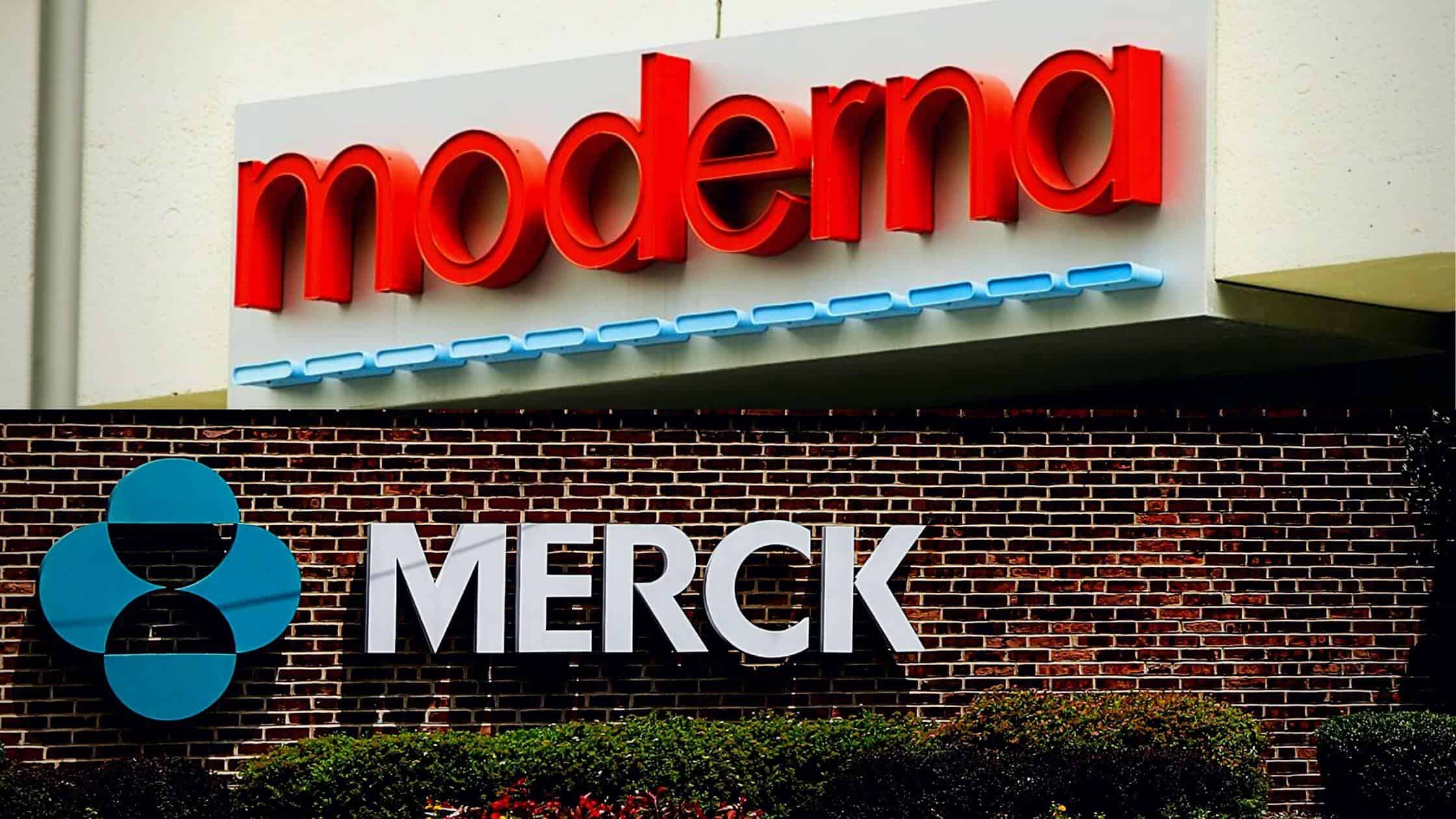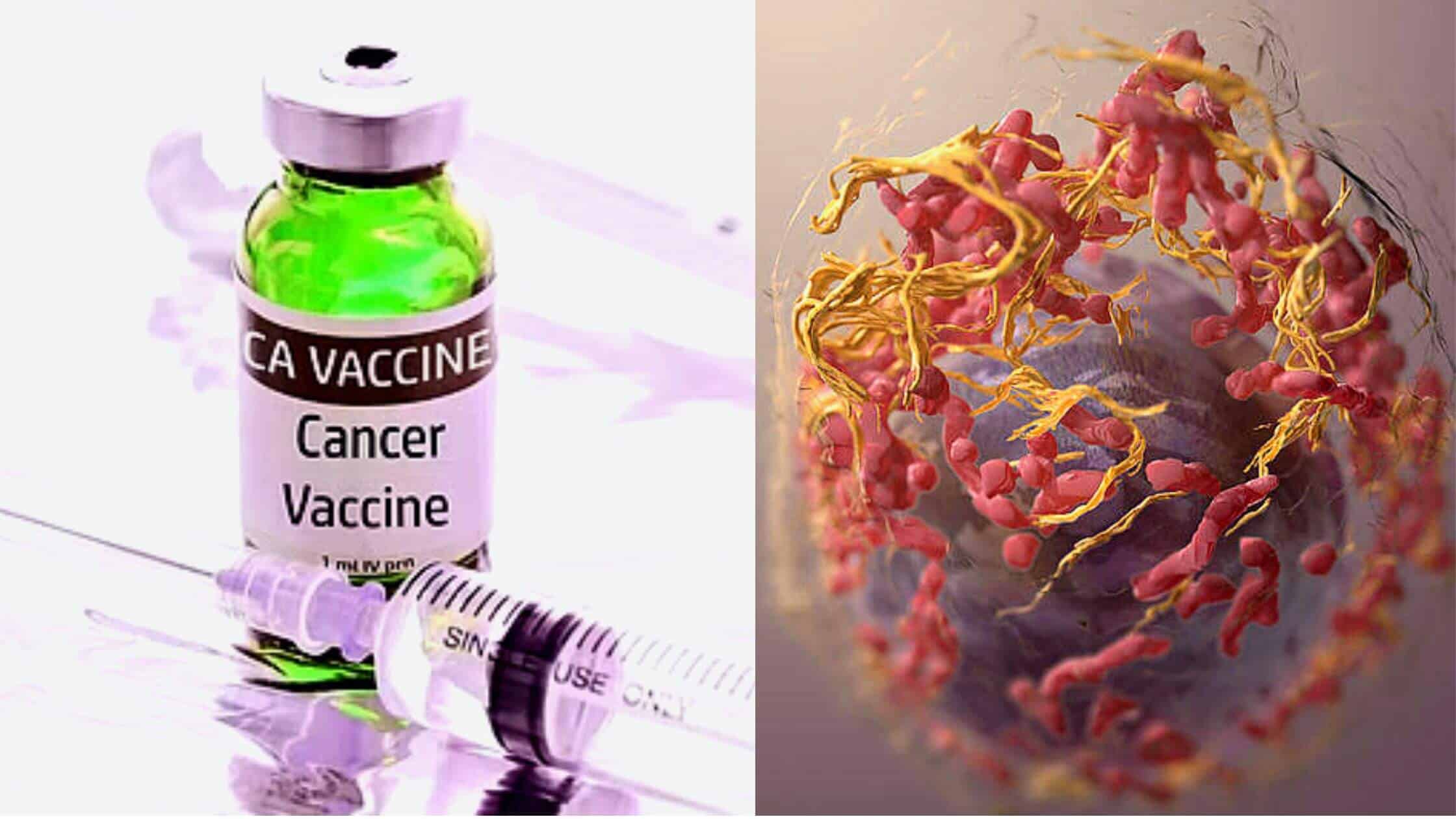News
Melanoma Recurrence Is Reduced By A Moderna, Merck & Co. Cancer Vaccine

Covid shot maker “Moderna” has brought shocking yet good news to the people that their collaboration with Merck had been successful. They initially signed an agreement in the year 2016.
Furthermore, their collaboration has made an mRNA-4156/V940 cancer vaccine designed to stimulate an immune response to cancer-based on the DNA sequence of the patient’s tumor.
Compared to the mid-stage trial report of Keytruda. the vaccine or the drug they came up with this time is expected to reduce skin cancer chances or fatality rates by 44% It was brought to light after the experiment was done by Moderna In’s experimental melanoma vaccine and Merck.
The expert says that the vaccine can be made in about eight weeks, and this mission was among several promising cancer vaccines that work after so many failures.
Conditions Of Merck & Co.’s Cancer Vaccines
Merck & Co. created several vaccines for the prevention of human diseases. One such vaccine is the MCV-7 cancer vaccine, which protects against melanoma. The company created this vaccine using DNA from a deadly but rare type of cancer-causing skin disease in people.

The vaccine works by inserting dangerous genetic material into the body and triggering the immune system to attack and destroy cancerous cells. Merck & Co.’s research shows that the MCV-7 has succeeded and prevented millions of cancer cases.
Merck & Co.’s cancer vaccines are now used worldwide and are responsible for preventing multiple cases of cancer. The company’s research shows that the MCV-7 has been a success and has prevented millions of cases of cancer.
This is because the vaccine triggers the body’s defense mechanism to delete malignant cells invading the body. There are several types of cancer, each characterized by uncontrolled cell reproduction.
Vaccines can help treat various kinds of cancer, including cervical, lung, colon, breast, and pancreatic cancers. Merck & Co.’s research shows that their vaccines effectively treat many types of cancers.
However, Merck & Co.’s first attempt at creating a vaccine for melanoma was unsuccessful. However, they soon found success by using DNA from another deadly but rare skin disease- eczema vaccine- as their genetic blueprint.
This resulted in a drastically reduced risk of bodily harm for those receiving these vaccinations. Early detection is the key to successful cancer vaccinations. Vaccinations can be used to prevent future outbreaks of cancer in people who have been vaccinated against current threats.
Following an outbreak, vaccinated people will be able to resist future viral attacks on their bodies, while unvaccinated people will fall prey to the tumors’ hunger for their kind.
Rumors And Opinions About The Vaccines
There are many false rumors surrounding cancer vaccines. Some say that receiving one will result in severe side effects such as premature aging or even death. In reality, there are no known significant side effects from receiving an MCV-7 vaccination.
Furthermore, no evidence receiving one will result in premature aging or even death. But this does happen in some cases where people reject serious medical help for their health conditions.
Discover More: James Gunn’s Next DC Movie Slate Will Have More Information In 2023
Moreover, such instances generally occur after following vaccination recommendations from websites like The Happiest Place on Earth: Disneyland. Still, none of these supposed side effects have ever been substantiated through scientific research or recognized by medical authorities as fact either.
Merck & Co.’s research shows that their vaccines effectively treat many types of cancers and give patients back their natural antibody defenses against disease after vaccination shots subdue dangerous viral attacks on the body’s immune system.
This can be especially useful for children suffering from cancerous disorders and adults fighting recurring bouts of deadly childhood cancers they contracted decades earlier while still young adults.
We hope to see more vaccines being made to cure some of the incurable diseases that are still prevalent in today’s world. Their collaboration has not only been an enormous success for them, but it has also become a source of hope for many people worldwide.
